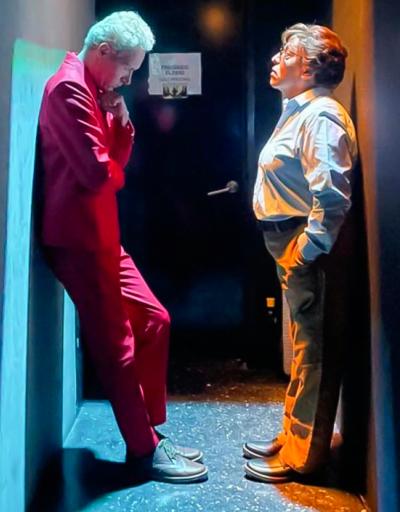A documentary stage production in a small theater in the emblematic Roma neighborhood of Mexico City invites a dialogue between generations to recognize advances in inclusion and respect for diversity, as well as to reflect on the importance of collective memory, without minimizing or distorting history and its events, in order to avoid the repetition of past mistakes.
Following the actions promoted by the United Nations and UNESCO globally to counter Hate Speech and misinformation, UNESCO in Mexico responded to the request of Dana Karvelas and Roshell Terranova to discuss these issues and the current situation of the artistic community.
"Orlando and Mikael: The Regretters" is a play where two protagonists share their experiences as transgender individuals between the 60s and 90s of the 20th century, a period during they had gender reassignment surgeries. They discuss their regrets for doing so, each for different reasons and with multiple tones.
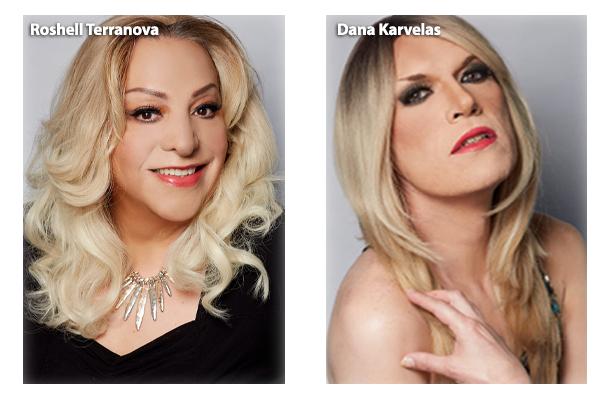
The production, directed by Sebastián Sánchez Amunategui and presented by Late Producciones and La Teatrería, encourages a reflection on human identity and the pursuit of acceptance and love. In alignment with the play's theme, the entire cast is composed of transgender actresses: Dana Karvelas, Libertad Palomo, Roshell Terranova, and Terry Holiday. They have infused their personalities into the characters, who dress as men, reflecting their contexts and bringing the characters to life on stage.
Dana commented that interpreting Orlando's masculine expressions was a challenge, as was gradually revealing the layers of his character. On the other hand, Roshell mentioned that she enjoyed depersonalizing and cross-dressing during the rehearsals, for which she wore shirts, pants, and caps, and attended without makeup. However, she noted that portraying Mikael's shy and insecure personality was challenging, as it was completely opposite to her own.
The play aims to be authentic and respectful, refraining from judgment or imposition of a specific viewpoint. Instead, it presents various facets to honour the work of Swedish author Marcus Lindeen, who once asked his radio audience: "What do you regret?" Someone called in and said, "Changing my sex." Another person did the same. Marcus then brought them together for an interview, resulting in the documentary "Ångrarna" (Regretters) in 2010, which explored the experiences of Orlando Fagin and Mikael Johansson. Marcus sought their permission to adapt their experiences into a theatrical production.
You cannot cancel history
Amid a society that continues to face challenges like hate speech and discrimination, the play contributes to dialogue and mutual understanding by showcasing the complexity of human experiences. "The Regretters" has faced censorship in some countries, where certain dialogues were deemed inappropriate and suppressed. Nevertheless, Sebastián Sánchez fought to maintain the original version, just as he did a decade ago with the Mexican performances of Margarita Sanz and Alejandro Calva.
A text written almost 20 years ago remains relevant, presenting solid arguments about survival strategies in ongoing realities. Sánchez Amunategui, the Director, shared in a statement that the play is "a historical document that depicts the fear of being men." By exposing a particular era and context characterized by a binary view of masculinity and femininity, the play also encourages reflection on masculinity and its implications.
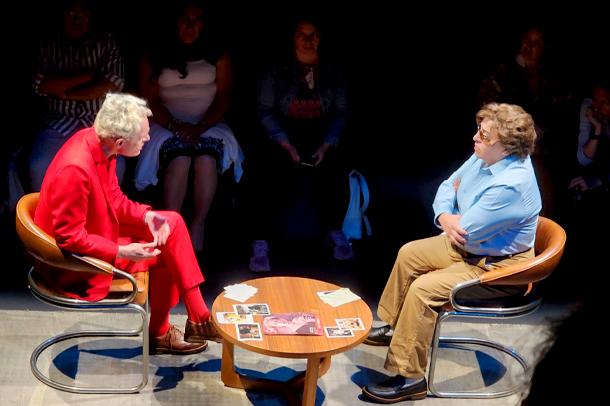
Roshell emphasizes the need for younger generations to recognize the diversity of society, without concealing the challenges and difficulties that may arise. She also highlights the importance of supporting youth with love, empathy, and responsibility, including informed and dignified psychological assistance. Although the play is set in Sweden, it resonates with the difficulties faced in Mexico as well.
Dana explained that certain phrases may be questioned as sexist, but these same expressions lay the foundation for the characters' experiences and exhibit a world and time over 40 years ago. In this case, it depicts a society in the 1960s in a considered developed country, a contrast that prompts reflection when compared to contemporary Mexico.
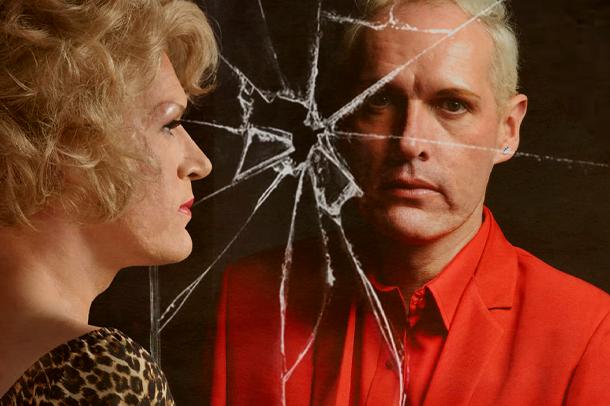
While there is greater access to information, Dana points out that cancel culture can be risky if it restrains or obscures historical processes that allow us to recognize past mistakes: "Who you are today is a result of evolution, and cancel the past overlooks the gift of the present."
Therefore, Roshell mentioned that young people must draw strength from understanding their past, as it grants them present-day benefits, such as those enjoyed by transgender and LGBTQ+ individuals. Their stories include both harsh realities and tales of resilience and hope.
We must understand the entire past, take the leadership, and continue working for our rights
Casa Roshell is a site of collective resistance dedicated to LGBTQ+ individuals, especially transgender people, and it captured the attention of Chilean filmmaker Camila José Donoso for her documentary in 2017. For over 15 years, the club has hosted "Los monólogos de la vestida", through which numerous stories of transgender women have been shared, along with other conversations documented by Roshell. This platform has evolved into a means of expression featuring comedy, tragedy, and melodrama, as well as the preservation of a part of Mexico's transgender documentary heritage.

Addressing inclusion and technological challenges in the situation of artists and cultural industries
Regarding the current challenges for LGBTQ+ artists, they mentioned that stereotypical and biased roles continue to be assigned, while obstacles persist in the dynamics of creative industries that do not respond equitably to persistent inequalities related to age, skin colour, or even digital skills and social media presence.
Roshell shared that explicit casting calls for transgender actors or actresses for stage or audiovisual projects are rare. However, she thinks that this could be due to auditions being conducted by agencies without the presence of directors. Dana added that it is also challenging to provide opportunities to emerging talents or those with a background in niche or non-mass-market projects.
They explain that the number of followers on social media has become a determining factor in casting and production decisions when selecting actors and actresses. This exacerbates other inequalities, such as a preference for young individuals, further influencing character ideation.
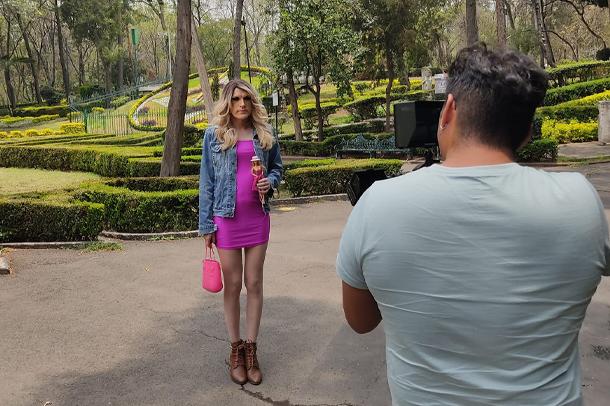
In this regard, Roshell mentioned that casting calls are extended to Casa Roshell for series and movies, such as in the case of Manolo Caro's series "La Casa de las Flores." However, the roles offered are often for people aged 25 to 30, underscoring the importance of creating their own projects and seizing opportunities for expression, as demonstrated by "The Regretters."
All the actresses in the cast, along with other transgender women in Mexico... We are so powerful witches that we are causing waves of change, even if people don't see it. Little by little, we are raising awareness among many individuals.
"Orlando and Mikael: The Regretters" is presented on Fridays at 8:30 PM in Room A of La Teatrería until September 15, with production by Andrea Bargalló, Óscar Carnicero, Samuel Sosa, Josefina Echeverría, and Sebastián Sánchez Amunategui. The lighting design is by Xóchitl González, the costume design by Josefina Echeverría, and the sound design by Tareke Ortiz.



